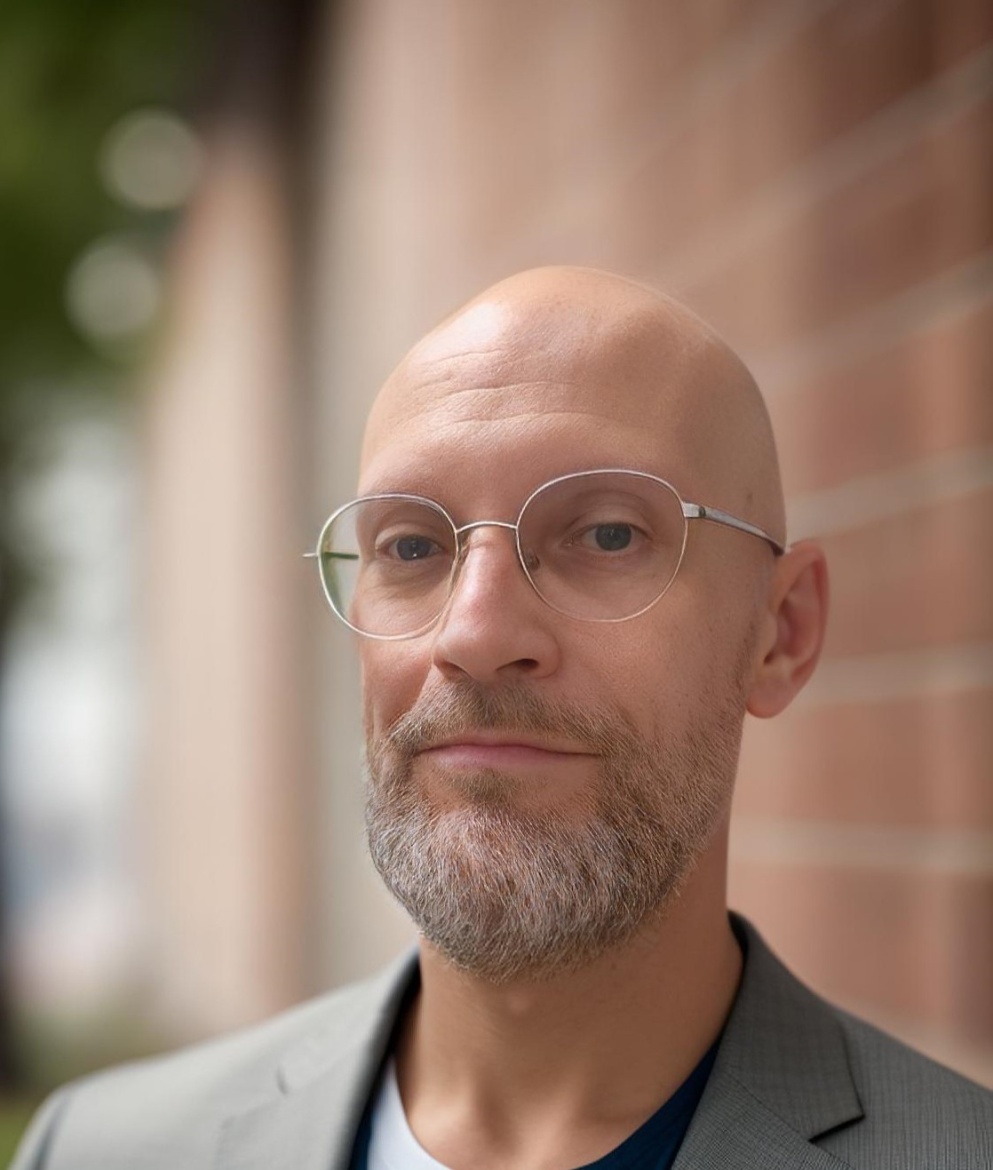It would be hard to miss the headlines of the first few weeks of 2005. Tony Blair, Gordon Brown and the Vicar of Dibley, all promising that this year was the year to ‘Make Poverty History’. [1] Why 2005 in particular? One reason is the pivotal role the UK will be playing in world affairs as it both chairs the G8 (the club of the world’s seven biggest economies, plus Russia), and holds (from June) the Presidency of the European Union. It is also the year that Blair’s Commission for Africa reports back with strategic recommendations to help that troubled continent.
Tony Blair and Gordon Brown have both made very public their belief that decisive action needs to be taken to tackle global poverty and global warming. Although the UK government’s track record on the latter has been widely criticised, [2] there is no doubt that they are trumping up the money on the aid and development side of things – significantly expanding the budget of the Department for International Development (DfID), and committing to debt relief. But the UK’s position of influence this year gives the government a chance to put pressure on the other powerful nations to increase their commitment to fighting poverty as well. [3]
The other reason is that 2005 is a third of the way towards the deadline for the achievement of the United Nations eight millennium development goals (MDGs). Endorsed by 189 nations in September 2000, the headline MDG is to halve the number of people living in absolute poverty (currently defined as living on an income of less that US $1 per day) by 2015. The other seven goals [4] include four specific targets related to health:
- Reduce by two thirds the mortality rate among children under five
- Reduce by three quarters the maternal mortality ratio
- Halt and begin to reverse the spread of HIV/AIDS
- Halt and begin to reverse the incidence of malaria and other major infectious diseases
To put this into context, 1.2 billion people barely survive in absolute poverty (half of Africa alone lives in absolute poverty), 800 million are undernourished, AIDS claimed 3 million lives last year, while malaria claims 150,000 lives each month in Africa alone. 1,200 children under five die every hour from treatable or immunisable diseases. One woman a minute dies in childbirth, 95% in developing nations (an African woman has a 1 in 6 chance of dying in childbirth). So what progress had been made on the MDGs by the start of 2005? According to a recent World Bank Report, [5] most nations are making progress, but not in Sub-Saharan Africa, which is actually slipping backwards in all these areas.
Why is Africa in such a state? The reasons are numerous – internecine conflicts abound (the civil war in the Democratic Republic of Congo alone has caused four million deaths, more than in any other conflict since World War II). AIDS is pandemic – reaching incidences of nearly 40% of the adult population in some Southern African nations – devastating the economically productive population. Corrupt governments filter what wealth is generated from natural resources into their own pockets. Biased trade rules and subsidies on agricultural exports from the US, Japan and the EU mean that Africans cannot trade on anything like a level playing field with the developed world. The chances of building any kind of decent education or health system are severely crippled by AIDS, conflict and the poaching of professionals by the West which leaves too few teachers, doctors, nurses and other skilled people to run essential services.
There is also a great deal of cynicism. Aid and debt relief are not seen to have worked. Despite billions being poured in to the continent over the last few decades, things are worse overall rather than better. It is feared that most aid just finds its way into the pockets of corrupt officials (although large amounts of it also go back to donor governments in trade agreements, consultancies, and other services). Indeed, many Africans and Asians are cynical about aid because they see it being tied to conditions that ultimately benefit the donor’s interests rather than meeting the real needs of the poor. Similar concerns abound over the misuse of money released by debt relief. [6]
Yet, as a Malawian doctor recently told a colleague of mine, if Africa is to be saved from poverty, it will require Africans finding African solutions. The West can give aid, alleviate the debt burden and not load the trade tables so unevenly, but it will be Africans who turn things around for their continent. In this, a great biblical truth is echoed. Scripture urges us to respond to the needs of the poor. Jesus’ much misquoted saying ‘the poor you will always have with you’ [7] is actually taken from Deuteronomy 15:11, the second half of which says, ‘Therefore I command you to be open-handed towards your brother and towards the poor and needy in your land’. The New Testament also exhorts us to care for the needs of our brothers in poverty and need. [8] It could be argued that this does not relate to those in other nations, but rather near neighbours, but then again we are exhorted to care for the whole Body of Christ, [9] and it’s clear that a huge proportion of those suffering in Africa are Christians. Furthermore, Jesus made a strong point that our neighbour was anyone in need, of any nation, tribe, creed or tongue.[10]
Yet at the same time, giving money, sending Christian health professionals and other forms of aid are not enough. Such aid helps in the short-term, but in the long-term it fosters dependency and feeds corruption. The Levitical Law encouraged generosity to the poor, but the aid given was to help that person be able to make his own living again. The laws required that debts be cancelled and land restored to its original owners on regular cycles, [11] ensuring that the means of living were not concentrated in one set of hands for too long, and that people could feed and clothe themselves rather than depend indefinitely on the goodwill of their neighbours.
There is above all a call for us to pursue justice as believers. [12] Poverty may be always with us, and some degree of inequality is inevitable, and not necessarily unjust, but the degree of extreme poverty and inequality that we see today is not acceptable, especially as so many of the causes are due to injustice. That is why we are exhorted to speak up for the poor, and encourage those in power to act justly on their behalf.
What does this mean for us here and now in 2005? The Make Poverty History campaign is lobbying for the government to follow through its pledge on tackling poverty. [13] There is now a global campaign spearheaded by the World Evangelical Alliance and the Micah Network for Integral Mission that is gearing up to raise the voice of Christians worldwide to tackle poverty. Known as the Micah Challenge,[14] this campaign is set to be a significant voice globally in advocating for the poor over the coming decade, to see increase in aid, cancellation of debts and fairer trade rules, and above all to support our brothers and sisters in Christ as they seek to influence their own nations for the better. Both are campaigns with which we as Christians can and should be engaged.
Ultimately, if we are to act justly, love mercy and walk humbly with our God [15] we need to consider how we live and prioritise our time, gifts, money and other resources in the service of God and his people around the world. This does not start or stop in 2005. This year merely highlights that something can be done to fight poverty and injustice, and that we are called by God to play our part.
































